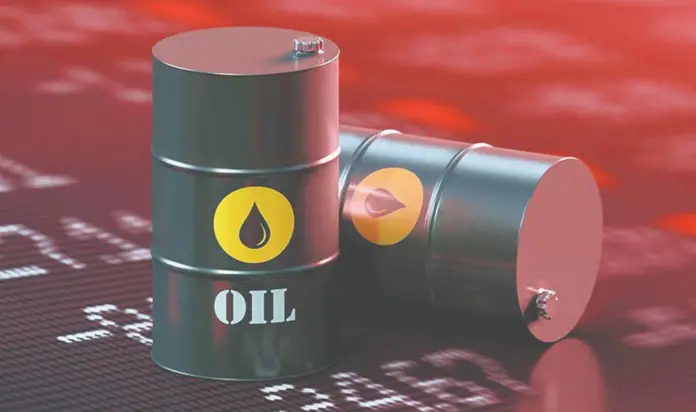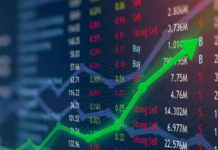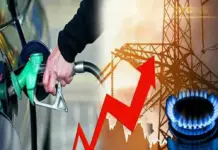The chambers of commerce and industry in Karachi, Islamabad and Rawalpindi along with Pakistan Business Forum and other trade bodies have urged the government to immediately withdraw this “unwise decision” of massive hike in prices of petroleum products to save the businesses and people from falling in deep trouble.
In different statements issued on Saturday, the trade bodies appealed to the government to subsidise the impact of international oil prices as the increase in petroleum prices would not only affect the overall economic performance but would also intensify the hardships for businesses and the masses who were already overburdened because of inflation. Chairman Businessmen Group and former president of Karachi Chamber of Commerce and Industry (KCCI), Zubair Motiwala said, “The current government has always desired that the cost of doing business is reduced but all these steps are in contrast to the policy of the government as the nation nowadays suffers badly due to frequent hikes in petroleum prices, electricity & gas tariffs and other utilities in addition to fluctuating exchange rates and higher duties on imports.” He further pointed out that it is a matter of grave concern that the winter season has not yet arrived in Karachi but gas supply to CNG stations has been suspended for 10 consecutive days which was really worrisome. Referring to severe devaluation of Pakistani rupee against dollar, Motiwala said that the rupee was seen devaluating by approximately 12.4 percent against US Dollar from Rs152.30 on May 17, 2021 to around Rs171.20 as on October 16, 2021. “Severe devaluation of rupee has raised the cost of doing business and fostered inflation, therefore, it is really crucial to review the current strategies being pursued by the economic managers.” Islamabad Chamber of Commerce & Industry (ICCI) President Muhammad Shakeel Munir said that only in October 2021, the government has hiked the price of petrol by Rs14.49/litre, high speed diesel by Rs14.44/litre, LDO by Rs17.66/litre and kerosene oil by Rs18/litre, which is not justified by any standards.
He said that the people are already facing great difficulties due to high inflation and the business community is still struggling to combat the impact of Covid-19 pandemic. In these tough times, the government has made an exorbitant hike in POL products that would burden people with very high inflation, besides making a manifold increase in cost of doing business.
Rawalpindi Chamber of Commerce and Industry (RCCI) President Nadeem Rauf expressing deep concern over the rise in petroleum products said it would disturb the monthly budget of the common man and demanded immediate review of prices. The increase in the prices of commodities, Liquefied Petroleum Gas, electricity and natural gas tariffs would prove detrimental to the country’s economy, he added.
He said that Pakistan’s manufacturing sector is already facing a big challenge on cost competitiveness and given the rise in petroleum prices, it will badly impact the export targets. He said that high speed diesel was widely used in agriculture and transport sectors and therefore an increase in its price would have a direct impact on the life of a common man due to inflationary impact.
Meanwhile, Pakistan Business Forum has urged the Oil & Gas Regulatory Authority (Ogra) to change POL price fixation formula as the fortnightly change is affecting the estimated cost of doing business and hitting the industry very badly. The demand was raised by the PBF Vice President Chaudhry Ahmad Jawad.
“Why the changes in international prices of oil are not reflected in national POL prices”, the PBF official questioned and hoped that whenever there is ample dip in the price of oil in the international market, Ogra would ensure that some benefit must be passed on to general consumers. He said that the government should support the industry when oil prices increase in the international market and bear some burden.
He said that the upward trend in the prices of POL products has a direct effect on inflation. Keeping in view the challenging economic conditions, the government should lower the share of petroleum levies to give some relief to the general public. This step will also play an important role in lowering the inflation rate that is currently above 8 percent.
The business leaders hoped that the government would realise the gravity of the situation and look into the possibility of subsidising petroleum prices as done in the past.







